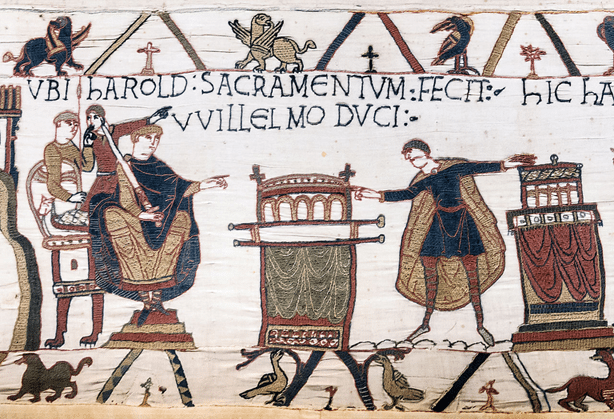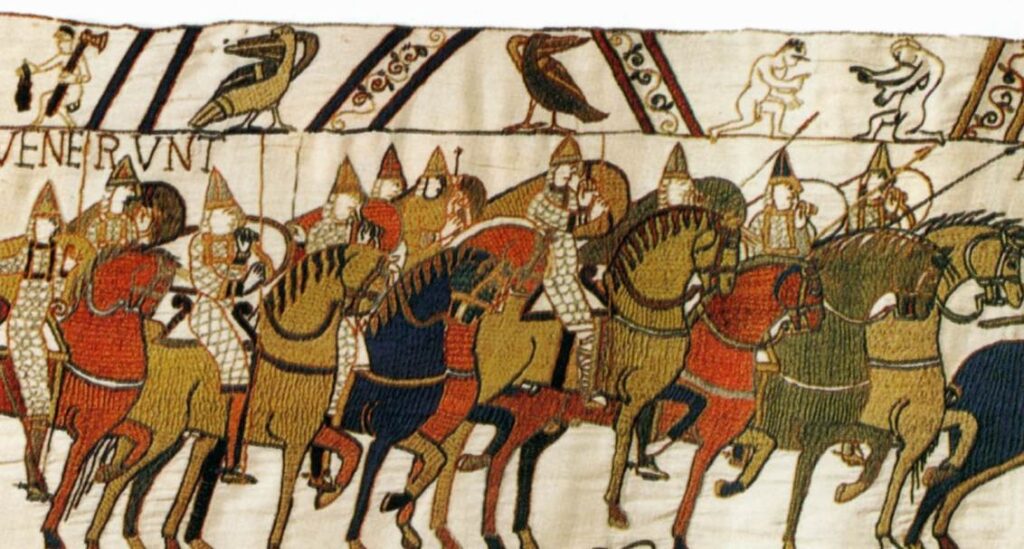Articles
Hegel. State and Law (On the Centenary of His Death)
Jointly edited and translated by Rafael Khachaturian and Igor Shoikhedbrod
Boris Kagarlitsky: In the Eye of the Storm
It takes enormous courage and principle to publicly oppose war by one’s own country. Think of the tiny group of Marxist internationalists who, en route to Zimmerwald in 1915 to denounce the imperialist war, joked they could be squeezed into four carriages. Dr Boris Kagarlitsky, the renowned, left-wing, Russian sociologist and political scientist, a vocal opponent of President Vladimir Putin’s invasion of Ukraine since it was unleashed in February 2022, has now paid the price for doing so, twice: On 26 July 2023, Kagarlitsky was detained by the Russian federal security service, the FSB, charged with the alleged crime of ‘justifying terrorism’ based on an innocuous, jocular observation that he had made online back in October 2022, soon after the first Crimean Kerch Bridge explosion, that it could be understood ‘from a military perspective’; an absurd charge he vehemently denied. He was immediately transported from his hometown of Moscow to the remote northern city of Syktyvkar where he was detained awaiting trial and the prospect of up to seven years’ jail. In fact, on 12 December 2023, he was found guilty as charged by a military court, but, instead of jail, he was fined 609,000 roubles (6,337 Euro) and then released. Unfortunately, that was not the end of the now 65-year old’s tribulations. The prosecution appealed the fine as ‘unjust due to its excessive leniency,’ alleging that Kagarlitsky was bankrupt and that he had failed to cooperate with the court. This was a fabrication: While still insisting on his innocence, Kagarlitsky had paid the fine and cooperated with all the court’s requirements.[1] Nevertheless, on 13 February 2024, a military appeal court sentenced him to five years in a penal colony and banned him from administering any website for two years once his sentence is served. Immediately arrested, he has reportedly been detained in the Tver region neighbouring Moscow, although his precise whereabouts are undisclosed, standard Russian penal practice pending his appeal against the latest judgement which is scheduled for 5 June 2024.
Forget the Pipelines: Blowing Up Bad History – the Peculiar Story of Andreas Malm and the Suffragettes
With its provocative title, Andreas Malm’s 2021 How to Blow Up a Pipeline broke out of the left ghetto and gained mainstream attention for the argument that the climate change crisis is so severe that direct action is justified. Certainly, we need more mass protest and campaigns to push for change. But Malm wants to go further, lauding disruptive direct-action tactics and suggesting that Extinction Rebellion is too tame.
Commentaries on Perry Anderson’s Passages from Antiquity to Feudalism and Lineages of the Absolutist State: Introduction
The three texts published here were written in the mid-1970s.
Some Notes on Perry Anderson
For Marx, the major determinants of historical change lay within the dominant mode of production of a specific social formation. The mode of production involves a labour process (elements: labour power, instruments, materials) carried on at a specific level of technological development by men who work within the context of a specific set of property relationships. In any social formation above physical subsistence level, there is an economic surplus. The strategic social relationship is that between social classes defined primarily (though not exclusively) by whether they control, or do not control, the means of production. Those who control the means of production form the dominant class, and appropriate the surplus. The kind of property relation that exists is itself a significant limiting factor on the kinds of technology that can be developed within a particular productive mode. It is mediated through ideological beliefs and cemented by institutions of domination, notably the state. Thus “the essential difference between the various economic formations of society … lies only in the form in which … surplus labour is in each case extracted from the direct producer, the labourer”.[i] It is this, according to Marx, that “determines the relationship of ruler and ruled … It is always the direct relation of the owners of the conditions of production to the direct producers – a relation always naturally corresponding to a definite stage in the development of the methods of labour and thus its social productivity – which reveals … the hidden basis of the whole social structure and with it … the corresponding specific form of the states”.[ii] Marx left a number of points unclear, notably the exact causal relations deemed to exist between the elements of his model. For instance, the base/superstructure formulation of the 1859 Preface gave the impression of a one-way determination of base on the ideological and political superstructure belied by his more detailed analyses elsewhere. He also left a number of problems unresolved, a major one being, as Marx himself said, “the relations of different state forms to different economic structures of society”.[iii]
The Marxism(s) of Our Time
“…. There is no true understanding without a certain range of comparison; provided, of course, that that comparison is based upon differing and at the same time related realities”.[1]
Critique of P. Anderson, Lineages of the Absolutist State
This book raises a vast range of problems. To make the paper manageable, I can only concentrate on the major argument: Anderson’s explanation of absolutism. I do not consider Book I, chapters 5 &. 6, Book II, chapter 7, and the two appendices. These deal with cases where neither absolutism nor the basic economic changes which Anderson relates to absolutism occur. If one argues that Anderson’s positive explanations of absolutism do not work, then the counter-factual function of these chapters disappears.
Review: Brendan McGeever, Antisemitism and the Russian Revolution
In January 1918, two months after Soviet power was established in Petrograd, one of the Red Guard units tasked with securing that power on the ruins of the Russian empire entered Hlukhiv, just over the Russian-Ukrainian border, north east of Kyiv. The unit was pushed out of Hlukhiv by the counter-revolutionary Ukrainian Baturinskii regiment within weeks – but soon joined forces with a group of Red partisans who had arrived from Kursk in southern Russia, and took the town back. A pogrom ensued. The Baturinskii regiment changed sides, claiming they had only resisted Soviet power because the “Yids” had paid them to. The Red Guards, thus reinforced, rampaged around the town proclaiming “eliminate the bourgeoisie and the Yids!”
Introduction to Abraham Serfaty’s Letter to the Damned of Israel
In October 1979, while he was locked up by the Hassan II government in the Kenitra prison, the Jewish Moroccan Marxist thinker and organiser Abraham Serfaty wrote a text about one of his main political educators, Abdellatif Zeroual, who had died under torture 5 years earlier. Serfaty had been arrested, alongside Abdellatif Lâabi, in 1972, because of his involvement in the Marxist-Leninist organisation Ilal al-Amam [Forward]. The two men were only freed in 1991. One of the lessons Zeroual had taught him, Serfaty writes, was the meaning of concrete proletarian internationalism. This meant that while the task of the Moroccan Left was to organise the Revolution within the Moroccan borders, this task was never to be detached from the broader Arab Revolution.[1] This lesson would remain central to Serfaty’s theory and praxis. Indeed, as an Arab Jew, he attached a great importance throughout his life to the national question as an important component of the wider international struggle.
Victor Serge: Three Writings on the Jewish Question and Antisemitism, 1943-47
By Way of an Introduction: The Middle Ages Chasing Us by Claudio Albertani












